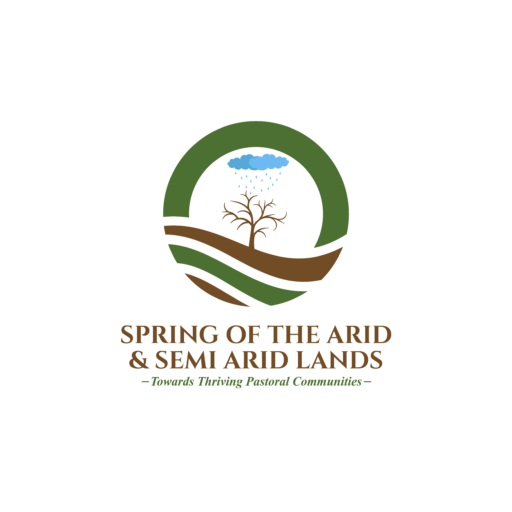Reports & Publications
RESEARCH REPORT ON ROOT CAUSES OF GENDER BASED VIOLENCE(GBV) IN MUSENKE SUB-LOCATION, KAJIADO COUNTY
This household survey was conducted by the Springs of the Arid and Semi-Arid Lands (SASAL) with the aim of establishing the challenges the pastoral community of Musenke Sub-Location in Kajiado County have undergone for the longest time. The purpose of this study was to carefully identify root causes of gender-based violence and closely associated themes, the extent of harm and level of response. Additionally, the study aimed to understand the community’s cultural practices, economic status and willingness to accept and welcome change.
According to findings, these challenges are directly and indirectly attributed to changes in weather pattern, under-development, marginalization, government neglect and harmful cultural/societal practices. Such causative factors have resulted to multiple other problems affecting health, gender equality, education, economic status and use of land.
The report recommends guidelines to actualize solution programs as well as help in tracking impact and sustainability of gender-based violence in the study locality. Download the report below to get the full information.



SASAL ANNUAL REPORT
2023 has been a year full of learning, eye opening experiences & relationship building with the community for SASAL. Of it all, we gained the trust, love and support of the community. We established a partnership with the host county government through various departments. Making our work effortless & more impactful. SASAL’s work gained traction. In particular, our new model, “The Enkang’ model for gender equality & climate resilience” that aims to build a gender-equal & climate resilient pastoral village in the midst of patriarchal societies. It was featured in different media platforms for its innovativeness & holistic approach to the challenges facing pastoral communities. The model was registered as the newest youth-led commitment to advancing gender equality under the Generation Equality Feminist Action for Climate Justice Action Coalition of the UN Women. Our presence was felt in different national & international conferences such as the UN water conference, SB58, Africa Climate summit, COP28 among many others. Our work on advocacy; promoting the voices of the pastoralists in climate decision making expanded to 3 pastoral counties i.e. Kajiado, Samburu, Narok from which recommendations for COP28 were developed and presented in the same conference……
Download the Annual Report below to get more insight.




COP 28 REPORT
Climate change has emerged and evolved to become a major threat to livelihood and human life in arid and semi-arid regions of Kenya (ASAL). The ASAL regions are characterized with a background of extreme climatic conditions that have already exerted devastating effects to the environment and livelihoods of the communities within these regions. Moreover, the communities in the ASALs are often faced with the challenges of scarce resources in the setting of political and economic marginalization (1,2). Due to exacerbated climate change effects, the communities ‘continuity in the ASALs is at a breaking point as they can no longer endure the most extreme of these effects presented to them as a double-edged sword.
The consecutive occurrence of these extreme weather conditions has progressively suffocated communities globally, with the pastoral communities bearing the most burden in the setting of already depressed socioeconomic conditions. While these occur, the pastoral communities are in a “caught in the crossfire” situation in the war between industrialism vs global warming.
The 28th meeting of Conference of the Parties (COP) aims at mobilizing the most inclusive COP ever by prioritizing nature, people, lives, and livelihoods at the heart of climate action
The establishment of the Loss and Damage Fund (L&DF) is indeed commendable. This is so as it aims to address challenges and priorities of the vulnerable and marginalized communities confronted by unimaginable loss and damage incurred from climate change effects. More importantly, the recommendations to ensure equity, inclusivity, and the promotion of a learning environment within all the procedures in the L&DF is similarly crucial where the point of focus is the vulnerable and marginalized.
More so, the recommendations to embed the financial instrument within the proven philanthropic and humanitarian support systems to ensure grassroot accessibility and penetration is imperative.
Download the cop 28 report below ..





